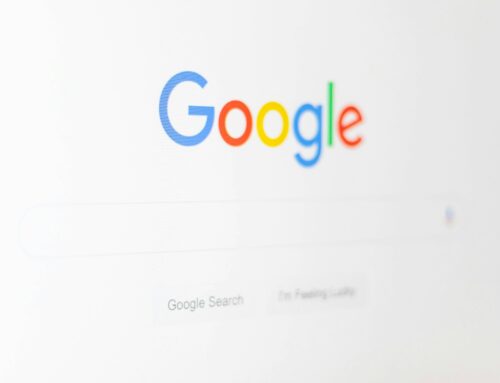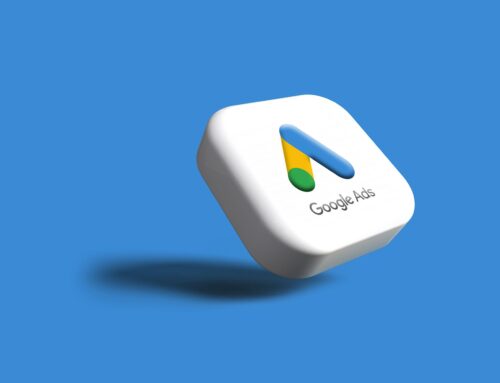Choosing between Google Ads and traditional TV & Radio advertising can be tough. Both have unique benefits and challenges. Understanding these differences can help you make a better decision for your business.
Google Ads offers targeted and cost-effective ways to reach your audience. They allow you to control your budget and track your results easily. With Google Ads, you can reach people who are already interested in your products or services.
TV and Radio advertising, on the other hand, can reach a broad audience quickly. These ads can create strong brand awareness and trust. Many people still rely on TV and radio for entertainment and news, making them valuable platforms for businesses.
Comparing these advertising methods helps you understand which works best for your needs. Factors like cost, targeting capabilities, and flexibility play a big role in this decision. By analyzing these elements, you can choose the best strategy for your marketing goals.
Understanding the pros and cons of Google Ads and TV & Radio advertising helps you spend your budget wisely. Dive into the following sections to explore the key differences and benefits of each method. This knowledge will guide you in making an informed choice for your advertising strategy.
Cost Comparison: Google Ads vs. TV & Radio
Advertising costs play a huge role in deciding where to spend your budget. Google Ads can be more affordable and flexible. You set your budget and bid on keywords. This means you can spend as little or as much as you want. You pay only when someone clicks your ad, making it cost-effective.
TV ads, however, are more expensive. They need a bigger budget for production and airing. Even short TV slots cost a lot. You also have to pay for prime-time spots to reach more people, which raises the price even more.
Radio ads fall between TV and Google Ads in terms of cost. They are generally cheaper than TV but more expensive than Google Ads. Radio ads need time slots, and playing them during popular shows costs more. Plus, you will pay for production, like scripting and voice talent.
Google Ads allows small businesses to compete with big brands. The lower cost and control make it easier to manage your spending. In contrast, TV and radio ads can quickly use up your advertising budget. Choosing the right platform depends on your budget and how much you’re willing to spend.
Targeting Capabilities and Reach
Targeting the right audience is key to effective advertising. Google Ads excels at this. You can target users based on their searches, location, and interests. This precise targeting means your ads reach people who are more likely to be interested in your product.
TV ads reach a broader audience. Everyone watching a particular show sees the ad. While this gives you wide exposure, it lacks targeting precision. Your ad may reach many people, but not all of them will be interested in your product.
Radio ads offer regional targeting. They reach listeners in a specific area, which is good for local businesses. But like TV, radio lacks precise targeting. Everyone listening to a certain station hears the same ad, regardless of their interests.
Google Ads’ targeting options give you more control over who sees your ads. This makes your advertising budget more efficient. TV and radio ads have a wider reach but less precise targeting. Your choice here depends on whether you want to reach a broad audience or focus on specific potential customers.
Measuring Effectiveness and ROI
Measuring the effectiveness of your ads is crucial. Google Ads makes it easy to track performance. You can see clicks, impressions, and conversions in real time. This data helps you understand which ads are working and which are not. You can adjust your campaigns quickly, ensuring you get the best results.
TV and Radio ads are harder to measure. While you can track approximate viewership or listenership, you don’t know exactly how many people acted because of your ad. Surveys and customer feedback can give some insight, but they are less precise than digital metrics.
Google Ads also allows you to calculate ROI easily. By comparing your ad spend to the revenue generated, you can see how effective your campaigns are. TV and Radio advertising ROI is more challenging to pinpoint. It often requires estimates and assumptions, making it less accurate.
Precise measurement means you can optimize your ads better. Google Ads wins here because of its detailed tracking and clear ROI. TV and Radio can build brand awareness but fall short when it comes to precise measurement and instant feedback.
Flexibility and Adaptability
Flexibility is a strong suit of Google Ads. You can start or stop campaigns anytime. You can also tweak your ads based on performance data. This makes it easy to adapt to changing market conditions or consumer behavior.
On the other hand, TV and Radio ads lack this flexibility. Once an ad is produced and booked, changing it can be difficult and costly. You usually have to commit to specific time slots or durations, limiting your ability to adjust on the fly.
Google Ads also lets you experiment with different formats and messages. You can run A/B tests to find out what works best. TV and Radio don’t offer this level of adaptability. The process of creating and airing a new ad is slower and more expensive.
Being able to react quickly to changes can give you a competitive edge. Google Ads offers this agility, making it a more flexible option. TV and Radio provide stable but less adaptable platforms.
Conclusion
Choosing between Google Ads and TV & Radio advertising depends on your goals, budget, and need for precision. Google Ads offers cost-effective, targeted, and flexible advertising. It allows for precise measurement and quick adjustments. TV and Radio ads, while more expensive and less targeted, can reach a broad audience and build a strong brand presence.
Understanding these differences helps you make an informed decision. If you need detailed targeting and measurement, Google Ads is a better choice. If your goal is broad reach and strong brand impact, consider TV and Radio. Each platform has unique strengths that cater to different business needs.
Ready to elevate your advertising strategy? Pathfinder Digital Marketing can help you choose the best platform and create effective campaigns. Contact our Google Ads agency today to get started and make the most of your advertising budget.






